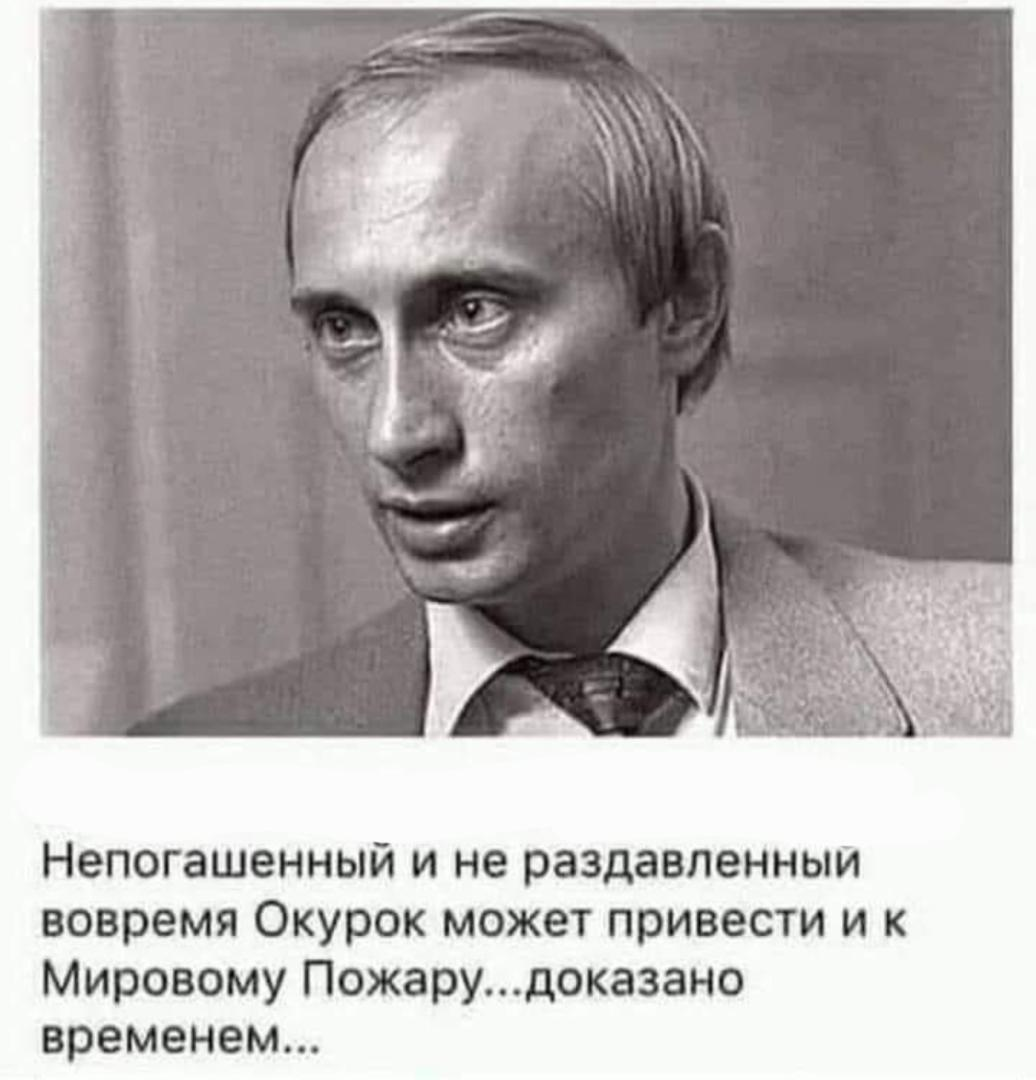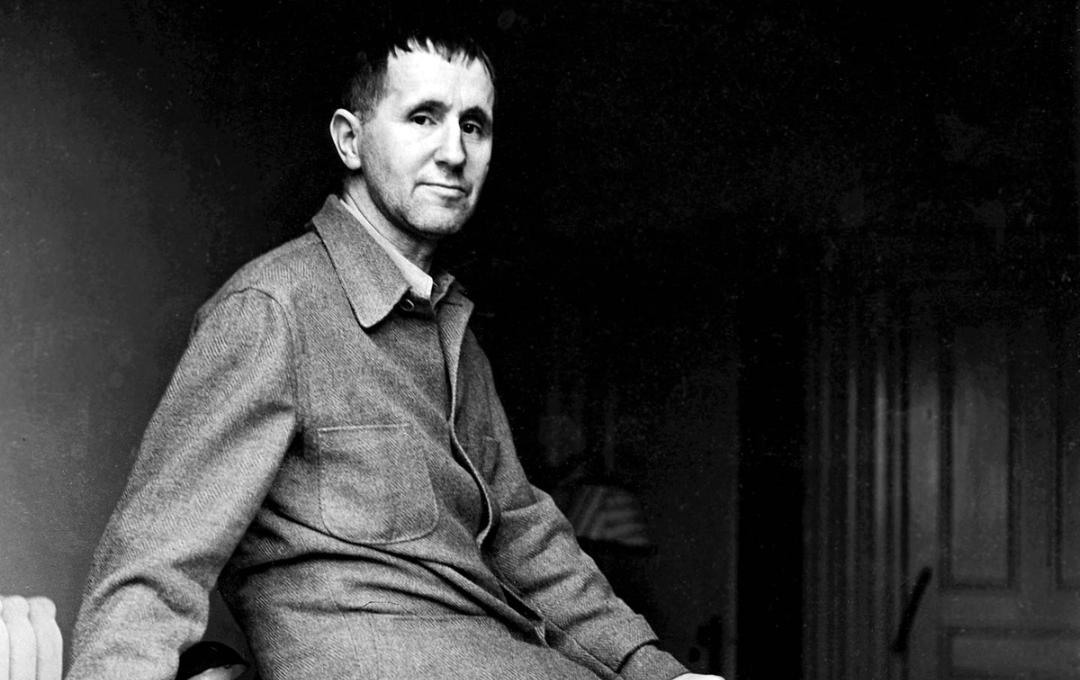The positioning of the confrontation between the West and the Axis of Evil is interpreted as a confrontation of "democracy against tyranny". This is true, but with the only nuance that, regardless of the outcome, there will be less democracy.
We have entered an era of global war for a new concept of security, which means that there will be no stop factors for the radical sides.
The war over security models collapses the old world order, so all winners become untouchable and all losers become bloody spewers.
But at the same time there is a struggle between right and left radical movements.
Thus, we have 2 wars:
- "War on World Order";
- "The War on the Governing Idea."
The first one will split the world order into two poles.
The second will lead to ideological "horseshoeing" of the poles, because the centrists capitulated in the struggle.
The previous similar model of war was between radical USSR and moderate democratic states.
Accordingly, the world order fragmented into spheres of influence that corresponded to democracy and tyranny.
But the new ideological war is interesting because the split will occur within the former democratic bloc.
The ultra-left, under the guise of "inclusion theory," will control personality in aspects of "inclusive expression."
The far-right will suppress personality through the model of "domination".
Meanwhile, the moderate forces have lost the information wave and are unable to generate a public agenda, so the radical minority will control the docile silent majority of centrists.
We have no ability to change this scenario because the media has knowingly gone to the "poles" of the right or left spectrum, selling an agenda.
Each of the global war models is acceptable on its own.
The struggle for world order occurs as soon as the old checks and balances collapse: since the UN has fallen as the central security institution, global war is imminent.
Ideological warfare (albeit at the radical cutting edge) is acceptable as a factor in the "shift to the center through culture war."
But a mixture of war over world order with radical ideological warfare is the path to establishing a tyrannical model everywhere.
You yourself will give up freedoms in favor of "security". And no one will give "freedoms" back.
That is, the role of the state will grow, and the role of horizontal social associations will decline.
At the same time, both radical Rightists and radical Leftists will lead to the "degeneration of civilization". Only some of them - by replacing talents with "quota principles", and others - by imposing conservative dictate.
And median development will be eliminated.
But. tyrannies will rule the mindless crowd, and democracies will stratify the thinking social masses ...
This will lead to an ideological civil war (under a "cultural" sauce) in the West under the reactive tyranny of the Axis.
That is, while the West will spend resources on ideological confrontation within the West itself, the Axis will spend resources on the defeat of Western civilization.
At the same time, the ultra-left will come out with the flags of the Axis collaborators against the supporters of civilizational development (remember the mass actions in support of Palestinian terrorists in the hearts of democracy).
The ultra-left will also shout about the "ecological" threat, the "threat of inclusiveness", etc., bringing the West to its energy knees before the "extractors" of energy resources - the Axis countries.
And the far-right will build isolationism, destroying the system of bloc-ism and mutual responsibility.
What have the Axis countries done in realizing this dangerous transition? They have abandoned the ideological content of the war - neither the PRC, nor the Russian Federation, nor the proxies in the person of North Korea and Iran have the cultural and ideological ground of internal division.
They are destroying society by turning citizens into slaves of the regime. They are people with variable values that fluctuate simultaneously with the fluctuation of propaganda.
Ideology in the Axis is a tool for zombifying the plebs, while in the West it is a factor of confrontation between elites.
Therefore, the ideological split will go through the West, and it will end in the stagnation of democracy with the departure into radical "ultra" directions.
*** Translated with www.DeepL.com/Translator (free version) ***
Qoto Mastodon
https://qoto.org/web/statuses/112187529723809515


The conclusions from the consideration of possible scenarios in the context of contemporary international politics can be the following:
The importance of balancing foreign relations: Considering the example of Germany's support for the Bolsheviks in the early 20th century emphasizes the importance of balancing foreign relations and recognizing the geopolitical implications of supporting certain political forces.
Awareness of risks and consequences: Historical experience shows that interfering in the internal affairs of other countries and supporting radical regimes can lead to long-term negative consequences both for the country itself and for the region as a whole.
The need for international cooperation and dialogue: Past mistakes and conflicts emphasize the importance of international cooperation, dialogue, and the search for compromise to prevent possible conflicts and mitigate tensions in international relations.
** Lessons from history:** Analyzing historical events provides lessons for contemporary international politics, helping to make more informed and informed decisions on the world stage.
Overall, considering historical scenarios in the context of contemporary international politics emphasizes the importance of preventing support for radical forces, being aware of geopolitical risks, and increasing international cooperation to ensure peace and stability at the global level.